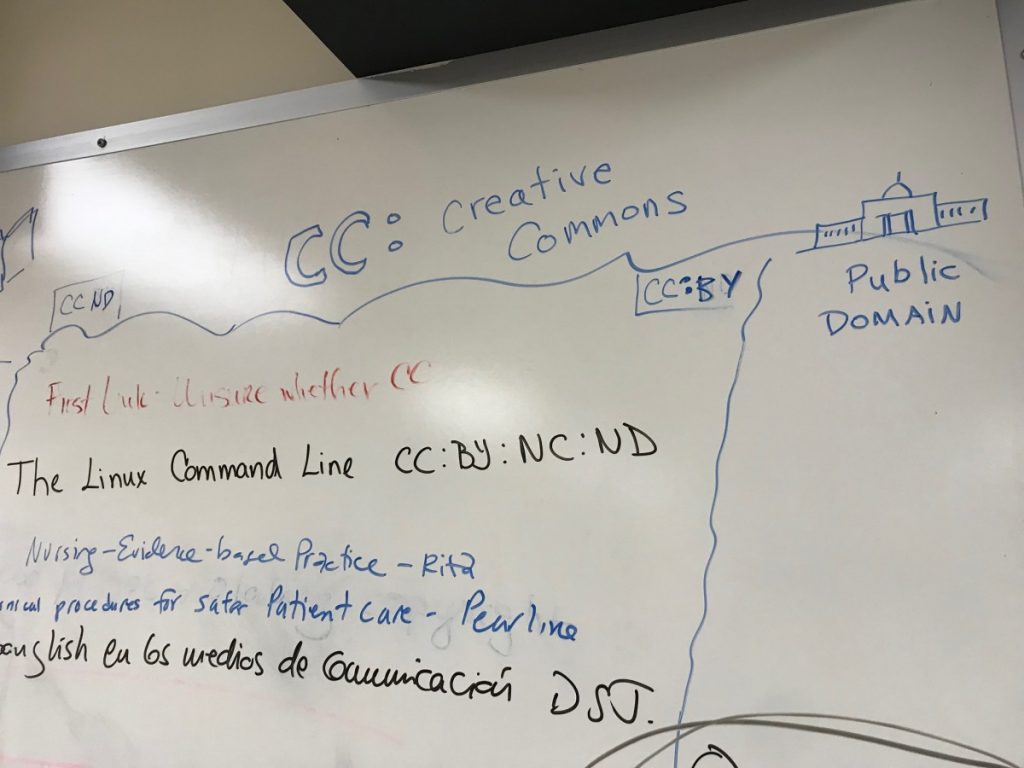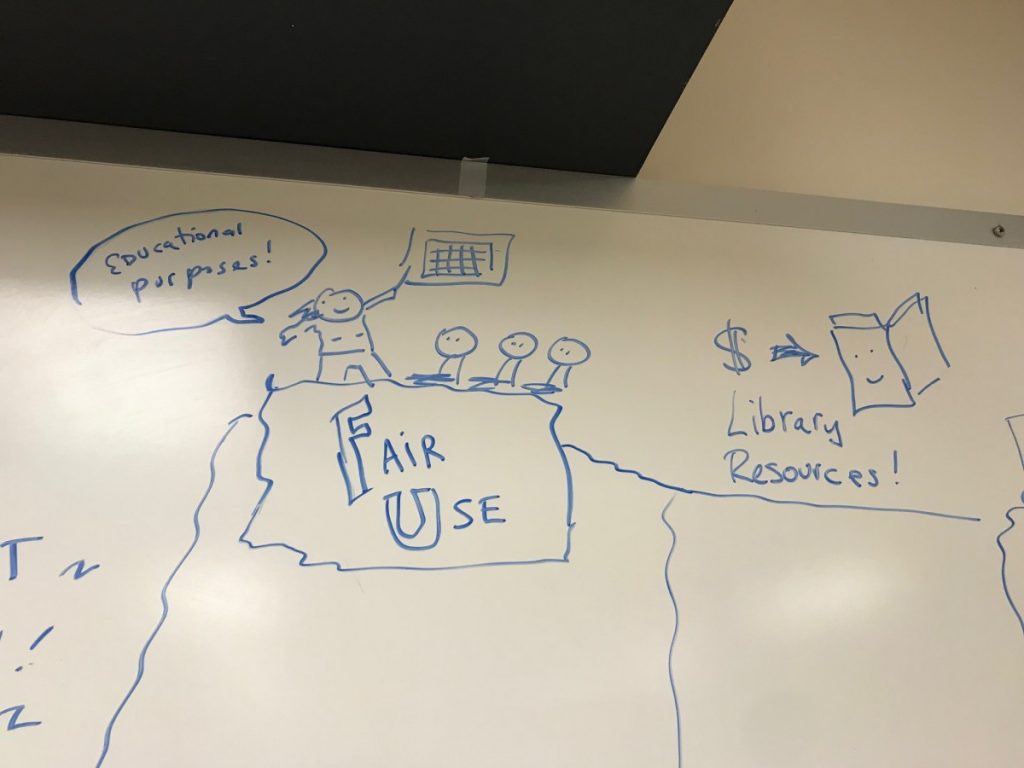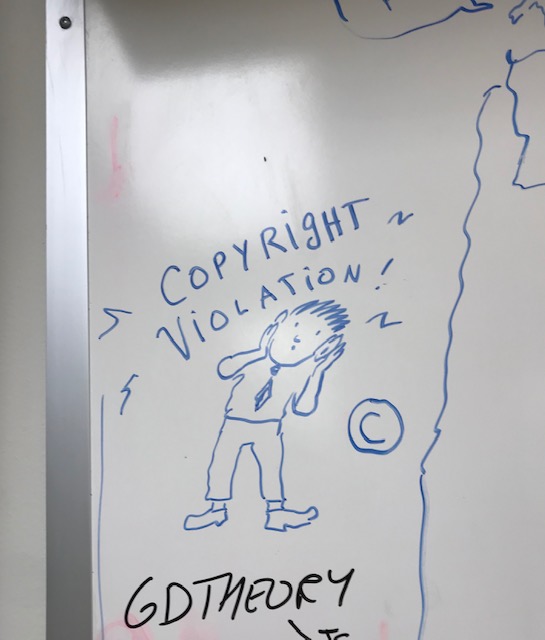Let’s take a look at the ways OER have emerged in the news lately.
- CityTech’s OER Librarian, Cailean Cooney, was featured in a recent article about online learning. Cooney notes that “faculty are generally very sensitive and aware of our student population,” and that the program is structured to support their needs.

- Another article from InsideHigherEd posits OER as an “institutional survival strategy, making the pitch that OER is a “win-win.”
- The Justice EReader is a new project developed at John Jay College of Criminal Justice, “offering a collection of key texts on the topic of justice, broadly defined, that functions as an intellectual hub for conversations about justice among undergraduate students and their teachers at the college.” As an OER, this project is freely accessible for widespread use.

If you’re still not clear about the dynamics of OER in the classroom, check out our previous blog post reflections by OER Fellows. Also, you can take a look at the OER developed within the Fellowship at CityTech, here.










 An article in InsideHigherEd notes that there is “undeniable growth” in faculty awareness of the OER. A recent report from
An article in InsideHigherEd notes that there is “undeniable growth” in faculty awareness of the OER. A recent report from  Finally, if you’re interested in the evolving movement towards open, consider checking out
Finally, if you’re interested in the evolving movement towards open, consider checking out

